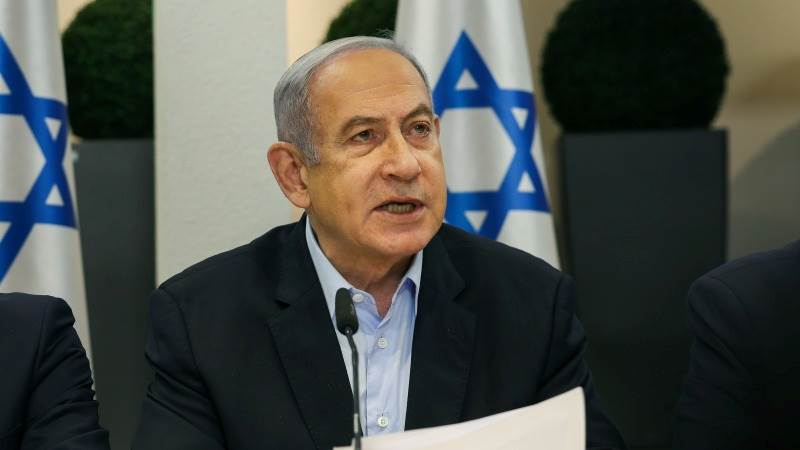Prime Minister Benjamin Netanyahu’s unyielding demand for Israeli control of the Philadelphi Corridor has come under sharp criticism from Defense Minister Yoav Gallant amid the ongoing negotiations for a ceasefire and hostage-release deal. Despite this, Netanyahu’s steadfast position underscores his commitment to Israel’s security and strategic interests.
Following the tragic discovery of six dead hostages in Gaza, tensions have escalated. These hostages were among the 250 abducted by Hamas during their October 7 attack. Their deaths have intensified the urgency of securing a resolution, but Netanyahu’s insistence on retaining control of the Philadelphi Corridor remains a significant obstacle.
The Philadelphi Corridor, an eight- to nine-mile stretch along the Gaza-Egypt border, has become a pivotal issue in the negotiations. Netanyahu argues that maintaining control over this strategic corridor is essential to prevent further Hamas infiltration and ensure Israel’s security. This demand, introduced into the ceasefire and hostage-release proposal initially floated by US President Joe Biden in May, has been a major sticking point, with both Hamas and Egypt rejecting it.
Gallant has labeled Netanyahu’s stance as a “moral disgrace,” arguing that prioritizing the Philadelphi Corridor over the immediate release of hostages is ethically wrong. He insists that such constraints are hindering the achievement of the war’s objectives and could cost more lives. However, Netanyahu remains resolute, believing that conceding on the corridor would embolden Hamas and jeopardize Israel’s long-term security.
In a recent Cabinet meeting, Netanyahu reiterated that while negotiations could be flexible, the principle of controlling the Philadelphi Corridor is non-negotiable. He asserted that any compromise on this issue would risk sending a dangerous message to Hamas, potentially leading to further concessions that could endanger Israel’s safety.
In addition to the Philadelphi Corridor, Netanyahu has demanded the establishment of checkpoints in the Netzarim Corridor to monitor the movement of Palestinians and prevent the flow of weapons. These demands, alongside a veto on Palestinian releases, have complicated the negotiations, but Netanyahu’s focus remains on safeguarding Israel’s strategic interests.
Netanyahu’s unwavering stance highlights his dedication to protecting Israel from ongoing threats, even as he faces criticism from within his own government. His leadership reflects a commitment to national security and a strategic vision crucial for navigating the complex geopolitical landscape.







